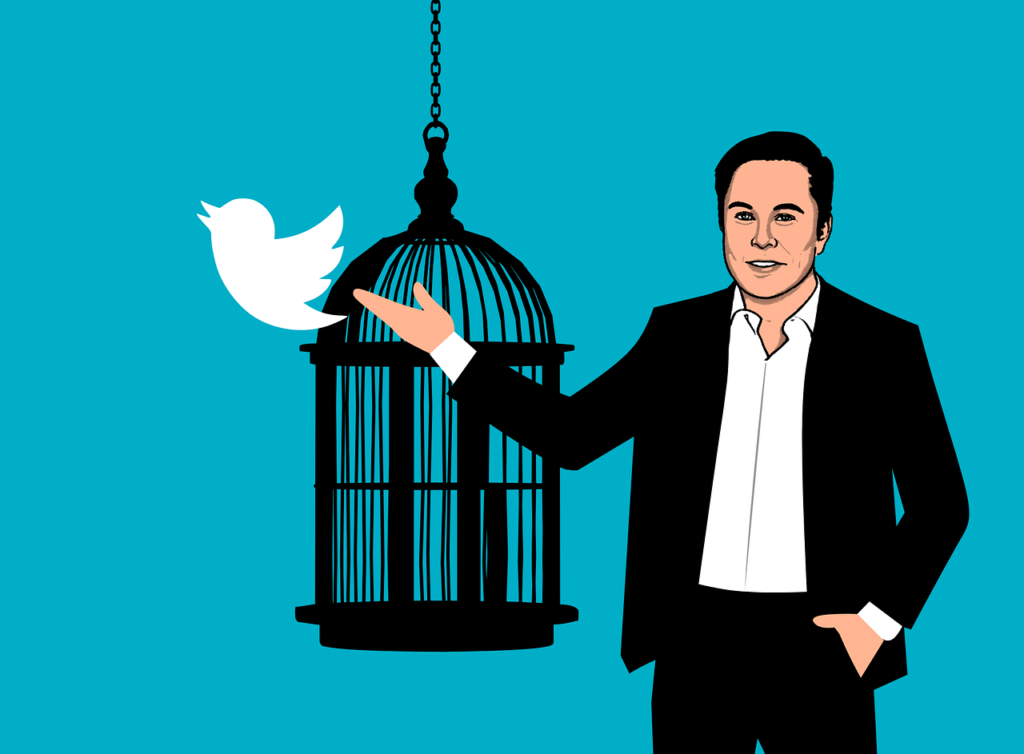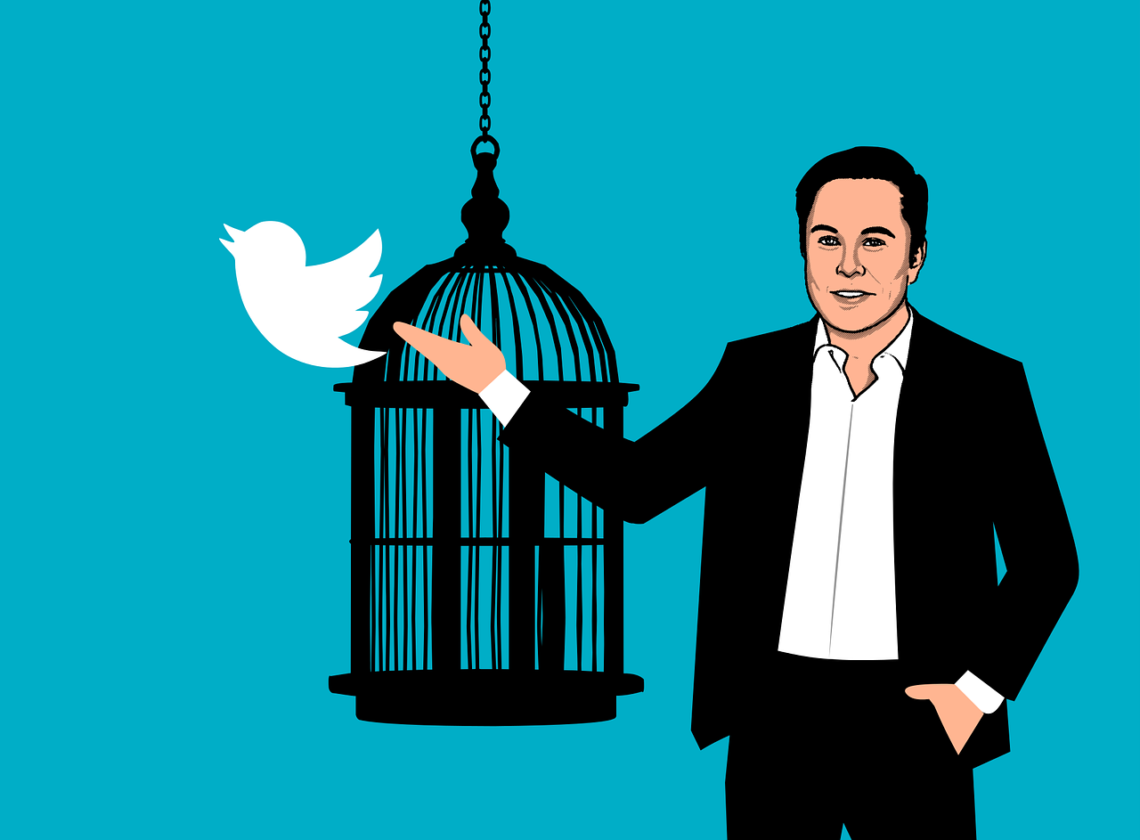
Donald Trump and Elon Musk — two names that stir strong opinions and dominate headlines. Trump made his mark in politics, while Musk reshaped the world of tech. Both are outspoken. Both have millions of followers. And both know how to use the spotlight.
But in recent years, a new question has emerged: Is Donald Trump afraid of Elon Musk? It’s not just about personal feelings — it’s a glimpse into how two powerhouses view each other in a world driven by influence.
Their Relationship Over Time
Trump and Musk haven’t always been at odds. In fact, their relationship began on good terms. During Trump’s presidency, Musk served on two advisory councils. At the time, he was seen as a business leader who could bring innovation to the White House’s economic policies.
But the friendship didn’t last. Musk left those councils after Trump pulled out of the Paris Climate Agreement. That move was a turning point. Since then, the relationship has shifted from occasional praise to open criticism — often through interviews, tweets, and public appearances.
They’ve supported each other at times, but more often, they seem to walk on opposite paths.
Power and Influence Comparison
At the core of their dynamic is influence — and how they use it.
Donald Trump holds sway in politics and conservative media. As a former U.S. president and potential future candidate, his voice reaches millions. His platform, Truth Social, is tailored to his base. It allows him to speak without filters — something he values deeply.
Elon Musk, meanwhile, leads the tech frontier. Through Tesla, SpaceX, Neuralink, and more, he shapes industries. His acquisition of Twitter (now X) added another layer of power — a direct channel to the public, media, and political discourse.
While Trump influences voters, Musk influences markets. Their power sits in different realms — but sometimes, those realms overlap.
Clashing Public Statements
Their public remarks often tell the real story.
Trump has taken jabs at Musk, especially when political differences arise. At a rally, Trump once said Musk was “another bullshit artist” after Elon announced he wouldn’t support Trump in 2024. He also mocked Musk for backing out of the Twitter acquisition — before Musk completed it. These comments seemed driven by irritation — maybe even insecurity.
Musk, on the other hand, is more subtle. He’s tweeted criticism about both parties. He once said it was time for Trump to “hang up his hat and sail into the sunset.” His tone is less aggressive, but still clear. He’s not afraid to disagree with Trump publicly.
Competition for Attention and Legacy
Both men want to lead in shaping the future — but in different ways.
Trump is trying to return to political power. His focus is on national policies, culture wars, and conservative values. He wants to be remembered as a transformational leader.
Musk’s mission is global. He talks about colonizing Mars, solving traffic with tunnels, and creating clean energy solutions. He wants to be remembered as a builder — someone who pushed humanity forward.
Their visions differ, but both want influence. They want to inspire, disrupt, and lead — and that can create tension. To some observers, this makes them rivals. Not just in views, but in legacy.
Does Trump See Musk as a Threat?
Now to the heart of the matter: does Donald Trump feel threatened by Elon Musk?
Let’s look at the signs. Trump rarely holds back when someone challenges him. His pattern is clear: if someone steals the spotlight or speaks out against him, he responds — fast and loud.
His reactions to Musk seem to follow that same pattern. He mocks him. He dismisses his projects. He questions Musk’s credibility. These behaviors suggest a defensive stance.
Trump may not fear Musk in a traditional sense — but he likely sees him as a growing competitor for public influence, especially among younger or more independent voters.
As Musk’s voice in politics gets louder, especially on social issues and censorship, Trump might see him as someone who’s stepping into his space.
What Musk Says About Politics
Musk didn’t used to talk much about politics. But that changed.
In recent years, Musk has become vocal about free speech, government overreach, and censorship. He often criticizes both Democrats and Republicans. He’s said he once voted Democrat but now leans more right. He’s even encouraged people to vote Republican in midterm elections.
However, Musk has also made it clear that he doesn’t fully back Trump. He has supported alternative candidates and criticized Trump’s past behavior.
This shift puts Musk in a unique — and powerful — position. He’s a wild card in the political world, and that unpredictability may bother Trump more than he lets on.
Why This Question Matters
Why do we care if Trump is afraid of Musk?
Because it reflects a deeper shift in how influence works today.
In the past, political figures held the most power. But now, entrepreneurs and tech leaders can change public opinion overnight — not through laws, but through platforms, products, and tweets.
Elon Musk represents a new kind of power — one based on innovation, social media, and global vision.
Trump represents a more traditional form of power — populist politics, national pride, and direct rallies.
Their clash is symbolic of a broader battle: who gets to lead the future? The politician or the innovator?
Conclusion
So, is Donald Trump afraid of Elon Musk?
Maybe not afraid — but definitely aware. Trump seems to recognize Musk’s growing power and influence. His reactions suggest he sees Musk as a competitor in the arena of public attention and legacy.
One builds rockets. One builds political movements. But both shape the world in their own way.
Whether they clash or collaborate in the future, one thing is certain: their rivalry is a sign of the changing nature of power in our time.



